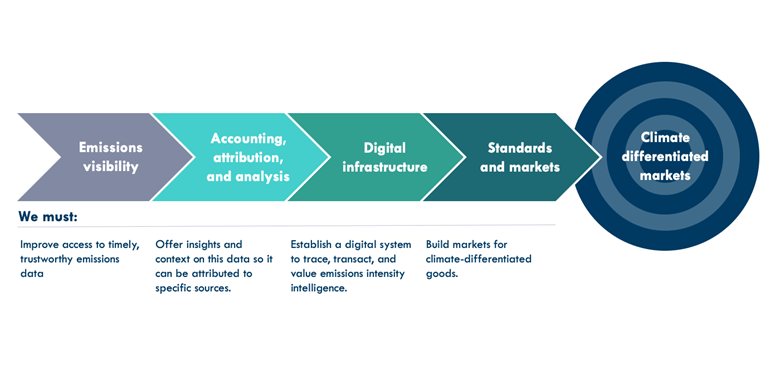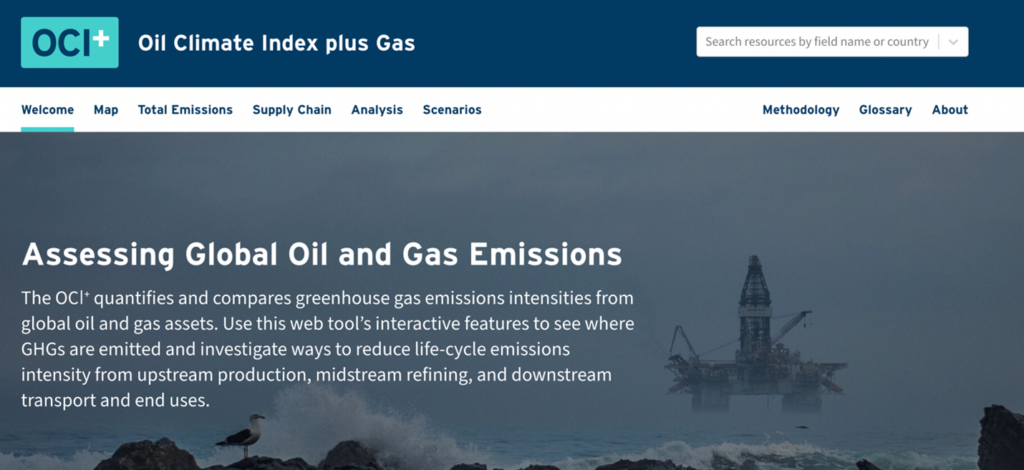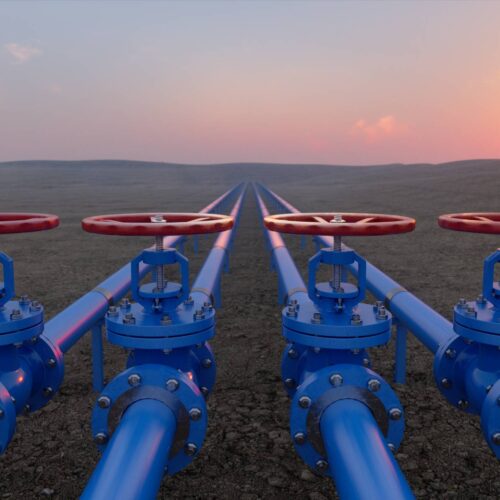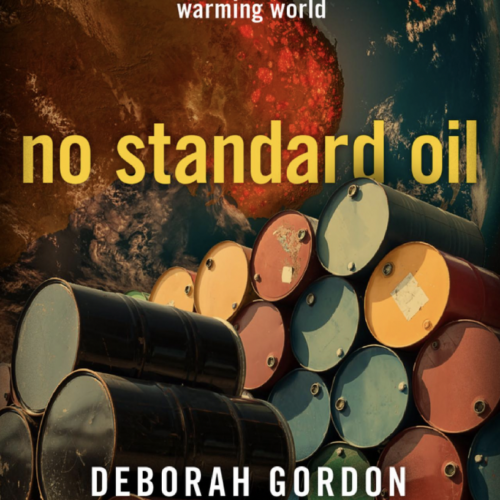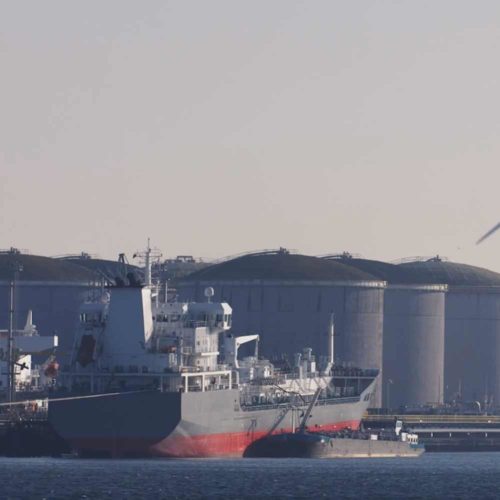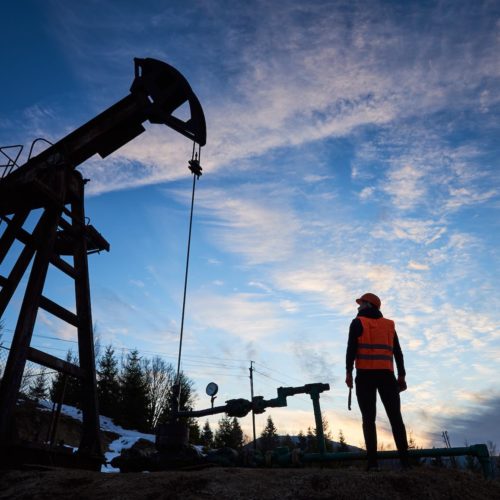
Oil & Gas Solutions Initiative
The Problem:
Emissions from oil and gas impose an outsize cost on our economy, society, and planet. Best estimates show that oil and gas make up over half of human-made emissions – and an even greater share of energy sector emissions. The sector is responsible for emitting one of every four tons of the super-pollutant methane, a greenhouse gas (GHG) that is over 80 times more potent than CO2. Preventing methane leaks from oil and gas systems is our biggest immediate opportunity to ramp down climate change.
Current GHG estimation methods grossly undercount oil and gas emissions, especially methane. RMI’s Climate Intelligence Program is working to close these gaps and identify where the greatest climate impacts arise so that industry, policymakers, investors, and civil society actors can act now.
OGSI’s Approach:
RMI aims to scale actionable, cost-effective solutions to make the oil and gas currently flowing through our global economy as low-emitting as possible, as we also rapidly transition to a zero-carbon energy system.
The Oil and Gas Solutions Initiative pursues a range of data-driven and market-based solutions that improve emissions visibility and create market mechanisms that reflect the high cost of oil and gas use.
Emissions Visibility through Data Analytics Tools
Oil and gas system emissions vary greatly based on where the resources are found and the operations employed to bring petroleum products to market. New analytic tools offer global policymakers, industry, investors, and the public knowledge about which oil and gas resources have the greatest climate impact – and where the greatest emissions reduction opportunities arise. This data can be used to price, regulate, and inform decision-making.
RMI’s newly expanded web tool analyzes one-half of global oil and gas production
Partnering to Scale Data-Driven Emissions Transparency
The Oil and Gas Solutions Initiative partners with NGOs and other organizations to share climate intelligence and make it actionable. Our number-one goal is impact in this decisive decade. Please visit the websites of our current partners who are working with us to make the invisible visible — and therefore actionable.
Climate TRACE is a global coalition created to make meaningful climate action faster and easier by independently tracking greenhouse gas (GHG) emissions with unprecedented detail and speed.
Carbon Mapper locates, quantifies, and tracks methane and CO2 point-source emissions from air and space.
Activating Climate-Differentiated Markets and Products
Efforts to activate climate-differentiated markets focus on cutting emissions in the two fastest-growing oil and gas industry segments: petrochemicals and gas.
Gas: Measuring Performance and Creating Market Incentives to Cut Methane
MiQ has pioneered the use of independently certified gas (ICG) to provide the data needed to drive change on global methane emissions.
Petrochemicals and Refining: Life-Cycle Analysis and Decarbonization Solutions
The Supply Chain Emissions Initiative allows purchasers to understand the true supply chain emissions impact of oil and gas products bought and sold.
Resources
Learn more about our work to drive rapid, immediate greenhouse gas emissions reductions in the oil and gas sector.
A Clear Path to Insights and Action for the Oil and Gas Industry
Reducing Exposure and Improving Performance in the Real Economy
Rocky Mountain Institute Launches Platform to Accurately Measure and Visualize Global Greenhouse Gas Emissions
Climate Intelligence for the Oil and Gas Industry and Beyond
